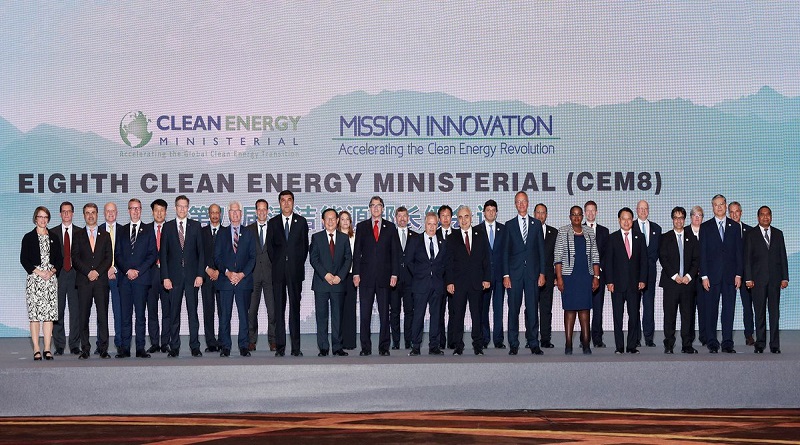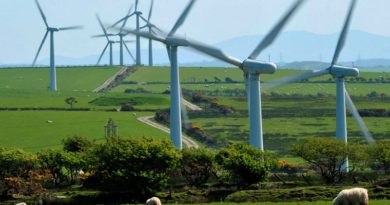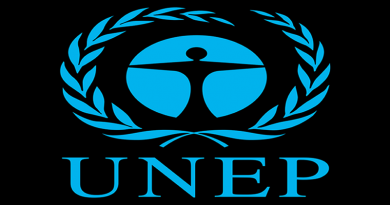CEM8: Delegates explore clean energy, shared global leadership
Energy ministers and high-level representatives from 24 countries and the European Commission met in Beijing on 6–8 June for the eighth Clean Energy Ministerial (CEM8) meeting to review the latest advances in clean energy technology and discuss how to advance the global clean energy transition. “CEM is becoming a leading international cooperation platform for clean energy development and deployment responding to global challenges,” said Minister Wan Gang of China.
CEM members were joined by representatives from a number of prominent international organisations in the energy sphere, such as the International Energy Agency (IEA), the International Renewable Energy Agency (IRENA), the International Partnership for Energy Efficiency Cooperation (IPEEC), World Energy Council, the United Nations Environment Programme (UNEP) and the United Nations Industrial Development Organisation (UNIDO), Sustainable Energy for All (SE4ALL), and over 600 representatives from the private sector and industry.
The primary goal of the CEM8 meeting was to launch a new era of ‘shared global leadership’ for the CEM. CEM members were called upon to pledge their participation and leadership of CEM activities. A stronger multilateral approach is at the heart of the CEM 2.0 vision launched at the sixth Clean Energy Ministerial (CEM6) in Mexico in 2015. The Beijing meeting marks a new phase of activity for the CEM, characterised by increasingly shared global leadership in clean energy.
Ministers and heads of delegation took the opportunity to announce more ambitious goals for the CEM’s work in the area of electric vehicles (EV30@30), urban energy systems, buildings efficiency, and advanced power plant flexibility (APPF). These topics will be the focus of intensive, targeted activities over the coming year.
CEM members also explored new areas for the CEM to focus on in the future. These discussions were inspired by a wide range of side events which took place in the margins of the ministerial meeting. Suggestions varied according to the respective priorities of CEM members.
Ministers and heads of delegation also exchanged views with global business leaders, energy experts from industry, academia, and international organisations in four public-private roundtable discussions.
Looking ahead, CEM members reflected on emerging energy trends and the strategic implications of the ‘shared global leadership’ model. They recognised the opportunity to further streamline, enhance, and strengthen the work of the CEM with the support of the newly established, multilateral CEM Secretariat based at the IEA in Paris.
These will be important topics at upcoming CEM meetings, which will be jointly hosted by the European Commission, Denmark, Finland, Norway, and Sweden in 2018 (ninth Clean Energy Ministerial/CEM9) and Canada in 2019 (tenth Clean Energy Ministerial/CEM10).




